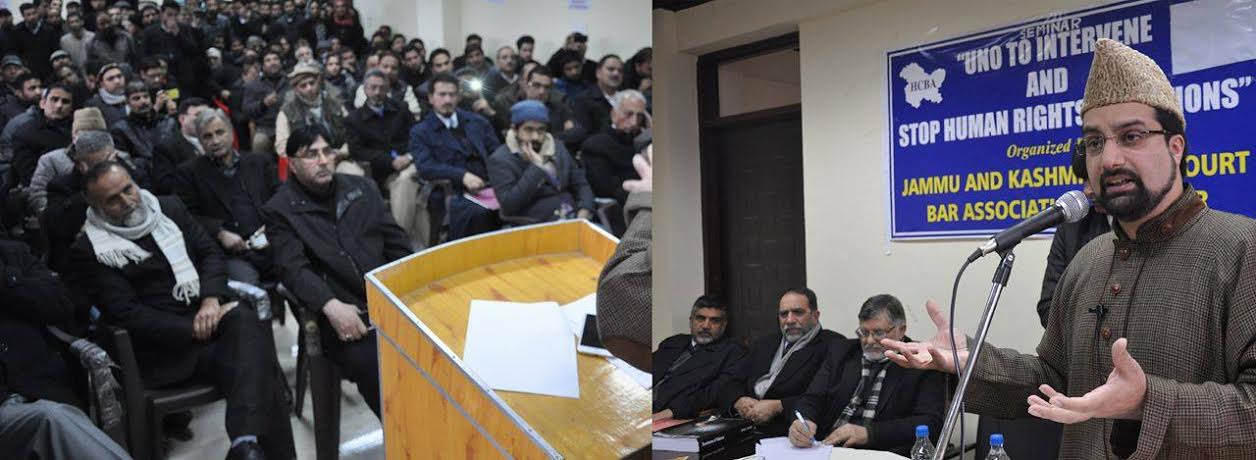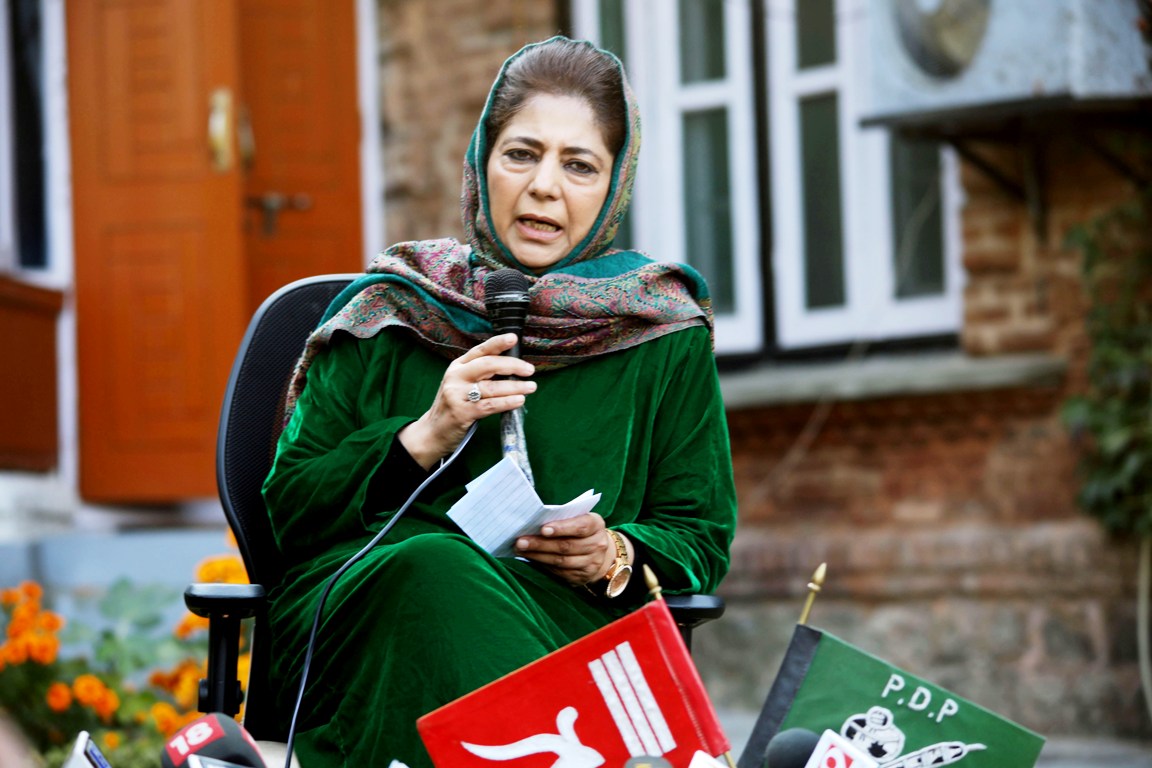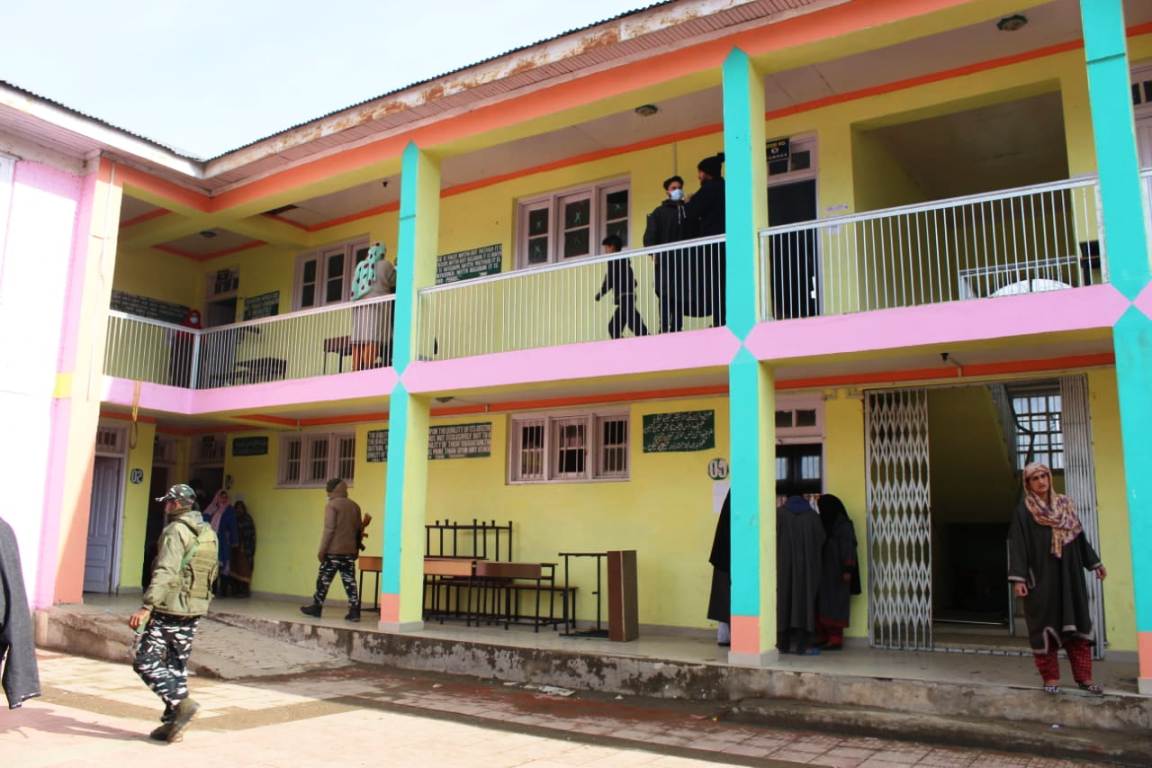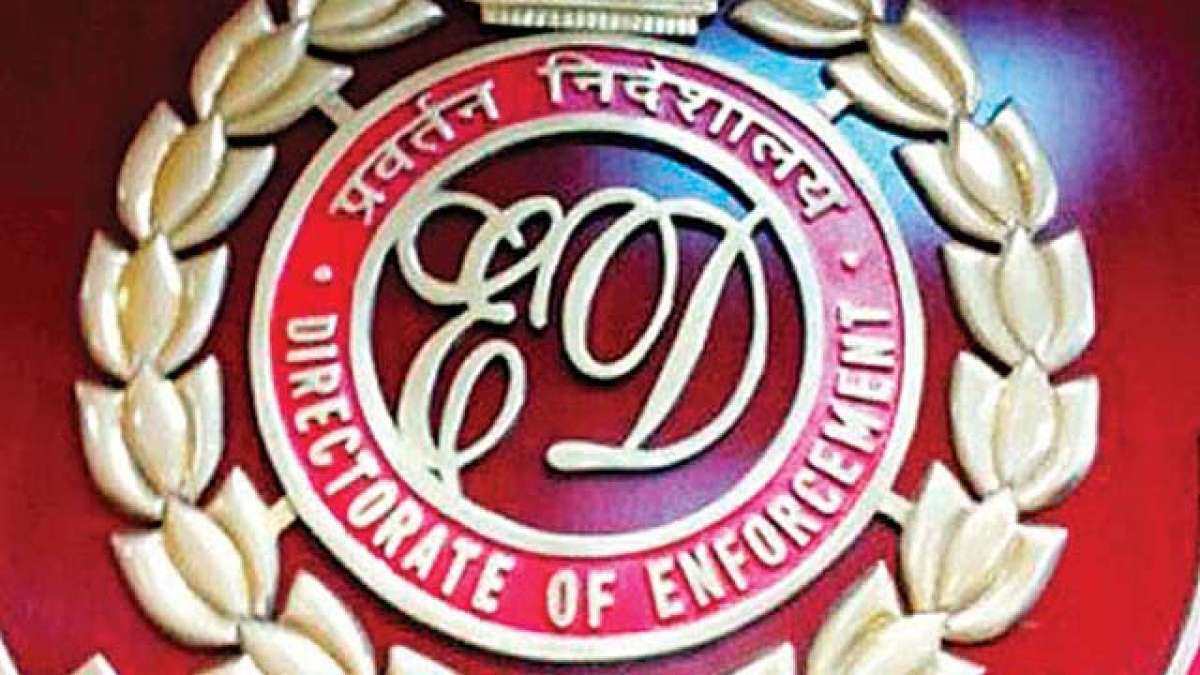KL NEWS NETWORK
SRINAGAR

Welcoming the resumption of dialogue process between New Delhi and Islamabad on all issues including Kashmir, All Parties Hurriyat Conference (m) Chairperson, Mirwaiz Umar Farooq Thursday said Hurriyat has “always stood for meaningful talks between the two countries” and believes that dialogue is the most effective way of resolution of the contending issues, a Hurriyat (m) statement said this evening.
Mirwaiz, however, stressed upon the leadership of both the two countries to “find a mechanism in order to include the people of Kashmir in the dialogue process because a permanent and just resolution of Kashmir dispute is not possible without the participation of the people of Kashmir”.
Addressing a seminar organised by the Jammu Kashmir High Court Bar Association (JKHCBA) on the International Human Rights Day, Mirwaiz urged the leadership of both Indian and Pakistan “to involve Kashmiri leadership in talks so that a just, long-lasting and dignified solution to Kashmir dispute is arrived at while keeping the wishes and aspirations of the people in mind”.
“Kashmir issue is accepted as a human and a political issue at the international level and its disputed nature cannot be altered by any decision of courts of India as is being attempted by the government of India,” he said. “Kashmir has a strong case at the international level and the international community realizes that the resolution of Kashmir is essential for a long-lasting peace in South Asia.”
He said, “it was the collective responsibility of people of Kashmir to inform the international community how India is using the different players and organizations like the judiciary to dilute Kashmir issue.”
Terming Kashmir as the core issue between India and Pakistan, which had kept the two countries in a confrontation mode for the past seven decades, Mirwaiz said other issues like Siachen and Sir Creek were the derivatives of this basic issue.
“When Hurriyat talks of Kashmir issue, it refers to all the five regions of Kashmir – Kashmir valley, Jammu region, Ladakh, Azad Kashmir and Gilgit Baltistan – that existed before 1947 and while dealing with the issue, there was a need to keep the aspirations of the people of all these regions in mind,” he said.
Mirwaiz further said, “Armed Forces Special Powers Act (AFSPA) and other black laws were being used to unleash terror by Indian forces on the Kashmiri people to trample their political, religious, economic and human rights while the activities of the resistance leadership was being restricted by force.”
“Kashmiris were victims of gravest of human right violations but unfortunately the international community had not focused its attention on these violations,” he said.
Mirwaiz added, “Kashmiri issue was not a territorial dispute or any issue pertaining to any political party or any leader but a political and human issue that has a legal and historical background that is accepted at the international level.”
Terming the denial of Right to Self Determination of the people as a grave violation of human rights, he said, “pro-India politicians instead of representing the Kashmiri people in the State Assembly and at New Delhi were representing New Delhi in Kashmir.”
He said, “the claims of these pro-India politicians of resolving Kashmir issue were always deceptive and over the years, their politics had led Kashmiris nowhere.”
Calling for safeguarding the sacrifices of the martyrs, the Mirwaiz said, “despite pulls and pressure, oppression and suppression, there was no need to get disheartened and promised that the sacrifices of the martyrs would bear fruit.”















